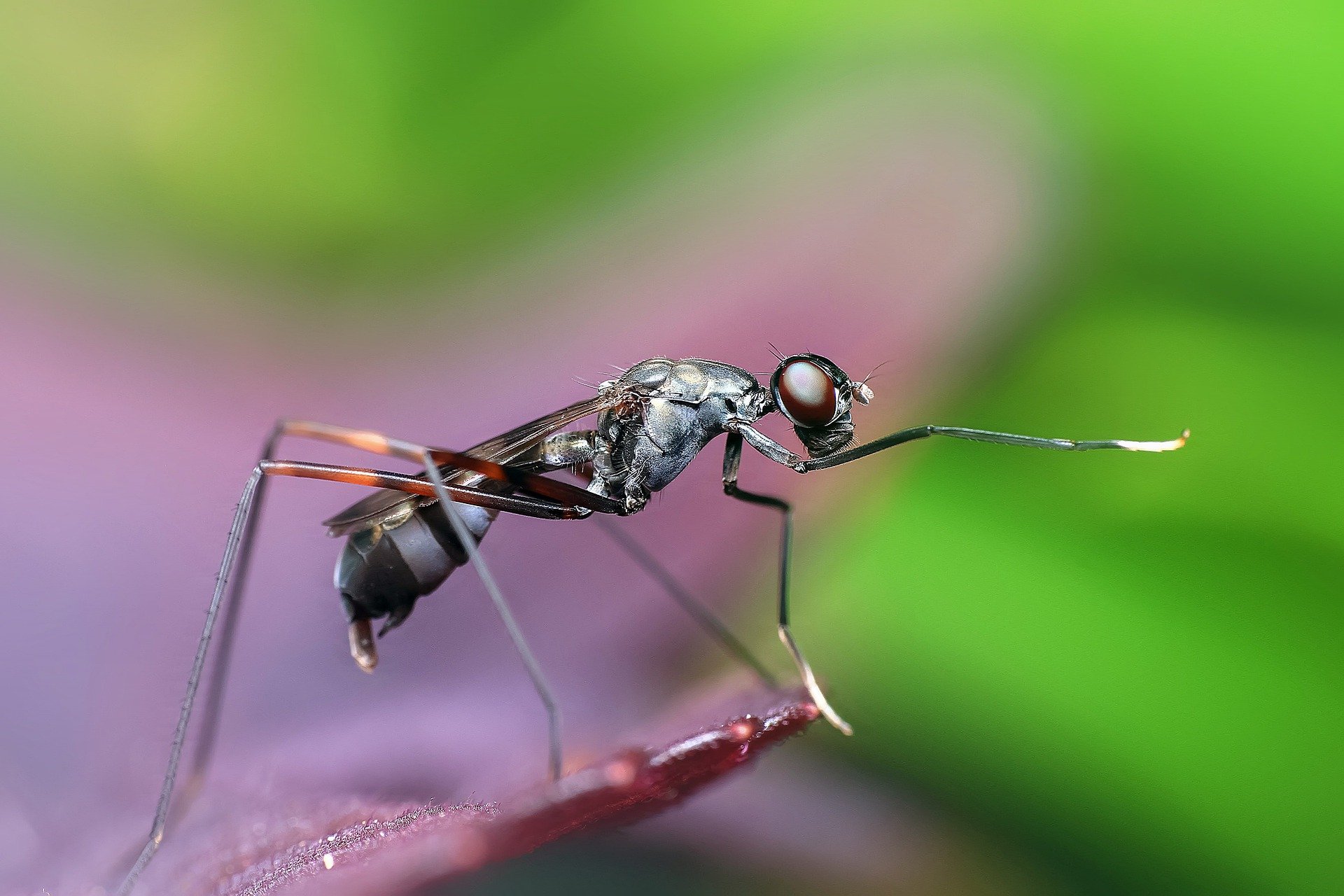Researchers Estimate 20 Quadrillion Ants Are Crawling On The Earth
Recent research predicts that 20 quadrillion ants are crawling on the earth, and that's probably an underestimate since these insects are such a vital element of ecosystems everywhere. The effects of the climate crisis on ant populations throughout the world need to be quantified, and this may be done by estimating how many ants there are in the world. The ant community plays a key function as seed dispersers and hosts to both predators and prey.
Author:Suleman ShahReviewer:Han JuOct 04, 202275.6K Shares1.2M Views

Recent research predicts that 20 quadrillion ants are crawling on the earth, and that's probably an underestimate since these insects are such a vital element of ecosystems everywhere.
The effects of the climate crisis on ant populations throughout the world need to be quantified, and this may be done by estimating how many ants there are in the world. The ant community plays a key function as seed dispersers and hosts to both predators and prey.
Attempts have been made to calculate the size of the world's ant population before, but the estimates have always come in far lower than 20 quadrillion (20 million billion).
Patrick Schultheiss from Hong Kong's University and Sabine Nooten from Germany's Julius Maximilian University in Würzburg conducted the research. Researchers evaluated 465 studies that counted ants in the wild for this latest effort, which was published on Monday in the journal Proceedings of the National Academy of Sciences (PNAS).
Video unavailable
This video is unavailable: Original link to video
Global Ant Biomass
The total amount of carbon in all the ants on Earth is estimated to be over 12 million metric tons. This is more than the total biomass of mammals (500 million tonnes) and birds (2 million tonnes) combined (7 million tonnes). Humans make up a very small fraction of the biosphere, with about 60,000,000 tons of biomass.
“„Previous estimates of the number of ants on Earth were essentially educated guesses that extrapolated from ant densities measured in one or two locations.- Patrick Schultheiss
Previous estimates of the worldwide ant population were "essentially educated guesses," according to Schultheiss, since they were based on ant concentrations recorded in just one or a small number of places. The new study aimed for greater precision by including studies from every continent as well as those published in a variety of other languages.
While most ant counts have been conducted on the ground, rather than in the trees or underground, Schultheiss says that we still have much to learn. No significant data is available from northern Asia or Africa.
So far, researchers have documented 15,700 unique species of ant. Insects are very important to most ecosystems because they help spread seeds, move nitrogen around in the soil, and feed predators.
“„Knowing the global ant population is important for conservation purposes. With this study, we provide a baseline for the global distribution of the number of ants and the biomass, and in the future we could do repeat studies in the same places using the same methods to see what has changed.- Sabine Nooten
Final Words
In termsof global biomass, ants outstrip both wild birds and mammals, and they account for 20% of human flesh production. Scientists want to investigate the environmental elements that affect population size in the future.

Suleman Shah
Author
Suleman Shah is a researcher and freelance writer. As a researcher, he has worked with MNS University of Agriculture, Multan (Pakistan) and Texas A & M University (USA). He regularly writes science articles and blogs for science news website immersse.com and open access publishers OA Publishing London and Scientific Times. He loves to keep himself updated on scientific developments and convert these developments into everyday language to update the readers about the developments in the scientific era. His primary research focus is Plant sciences, and he contributed to this field by publishing his research in scientific journals and presenting his work at many Conferences.
Shah graduated from the University of Agriculture Faisalabad (Pakistan) and started his professional carrier with Jaffer Agro Services and later with the Agriculture Department of the Government of Pakistan. His research interest compelled and attracted him to proceed with his carrier in Plant sciences research. So, he started his Ph.D. in Soil Science at MNS University of Agriculture Multan (Pakistan). Later, he started working as a visiting scholar with Texas A&M University (USA).
Shah’s experience with big Open Excess publishers like Springers, Frontiers, MDPI, etc., testified to his belief in Open Access as a barrier-removing mechanism between researchers and the readers of their research. Shah believes that Open Access is revolutionizing the publication process and benefitting research in all fields.

Han Ju
Reviewer
Hello! I'm Han Ju, the heart behind World Wide Journals. My life is a unique tapestry woven from the threads of news, spirituality, and science, enriched by melodies from my guitar. Raised amidst tales of the ancient and the arcane, I developed a keen eye for the stories that truly matter. Through my work, I seek to bridge the seen with the unseen, marrying the rigor of science with the depth of spirituality.
Each article at World Wide Journals is a piece of this ongoing quest, blending analysis with personal reflection. Whether exploring quantum frontiers or strumming chords under the stars, my aim is to inspire and provoke thought, inviting you into a world where every discovery is a note in the grand symphony of existence.
Welcome aboard this journey of insight and exploration, where curiosity leads and music guides.
Latest Articles
Popular Articles